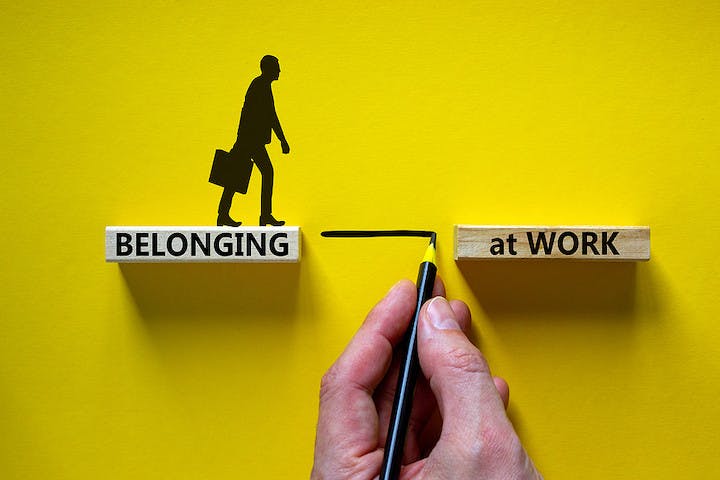It’s no secret HR is a particularly challenging profession to be working in right now.
Remote and hybrid work are here to stay, and employees continue to pursue new opportunities (that is, quit!) in record numbers.
But instead of lamenting the challenges we face in hiring, training and retaining employees, I believe it’s time for HR leaders to take a deeper look at how we might need to evolve the employee experience to meet this moment.
Gone are the days where an office with a ping pong table and free snacks could qualify as an innovative company culture. I am seeing it first hand at Reputation, where employees are more drawn to flexible work options, meaningful wellness benefits and opportunities for intentional collaboration with colleagues around the world.
Overhauling a people experience program does take hard work, but HR leaders and C-suite executives across industries can prioritize five key initiatives to create a connected, hybrid culture:
1) Prioritize flexible and mobile work arrangements
People want to work for organizations that allow them to be their best ‘true selves’. Offering employees at every level, in every stage of life to work on a flexible schedule in the location or locations of their choosing is a critical way to develop a more positive work environment. Work-life balance is not just for senior executives. Nor is it exclusive to parents and caregivers. The organizations that start to acknowledge this will see increased long-term retention and growth.
2) Rethink employee resource groups
Employee resource groups are not a new concept, but HR should hand the reins over to the employees that benefit most from them to maximize efficacy. At Reputation, we recently launched a working parents resource group led by parents that are both working from home and in our offices. They’ve created a digital-first space where parents and caregivers across our organization can share tips and tricks with each other and speak candidly about challenges and triumphs they face. Support for caregivers in the workplace has a long way to go, but this is one step we are taking to offer employees a deeper sense of belonging.
3) Create opportunities for meaningful collaboration
Working from an office, for five days a week, during 9 am to 5 pm, is fading into oblivion. But that doesn’t mean employees don’t want to connect with each other. From quarterly in-person department meetings to monthly or weekly “work from the office” days, organizations can find opportunities for people to connect and collaborate in a more impactful way.
4) Train managers in work-life balance
One of the reasons our new world of work is causing such heated debate is because there is no past precedent for open discussions about work-life balance or flexibility, especially when training managers. But rather than shying away from those discussions, HR leaders should see this as an opportunity to create more innovative programs that mandate managers prioritize work-life balance alongside performance management and career growth. Leaders must shift from managing for outcomes rather than for activity. They also need to hire the best person for the job and let them do it. Not only will this improve business performance but it should also encourage healthy boundaries between professional and personal responsibilities. This will in-turn improve employee retention.
5) Offer give-back opportunities
Employees feel connected to a broader mission when companies support the greater good. Organizations of all sizes and across industries need to identify causes to support. This can be done at the global, regional or local level. At Reputation we support a variety of causes at the local level so employees near one of our offices can ‘give back’ to their direct communities and volunteer together when the opportunity arises. We incorporate a “give back” activity at organization-wide events that directly supports the city in which our event is taking place. Most recently, at our Transform’22 conference in Nashville, we supported Dolly Parton’s Imagination Library.
While company culture will always differ across organizations, The Great Resignation has taught us that reimagining people experience and investing in meaningful change will be critical to employee retention in this new hybrid world.
